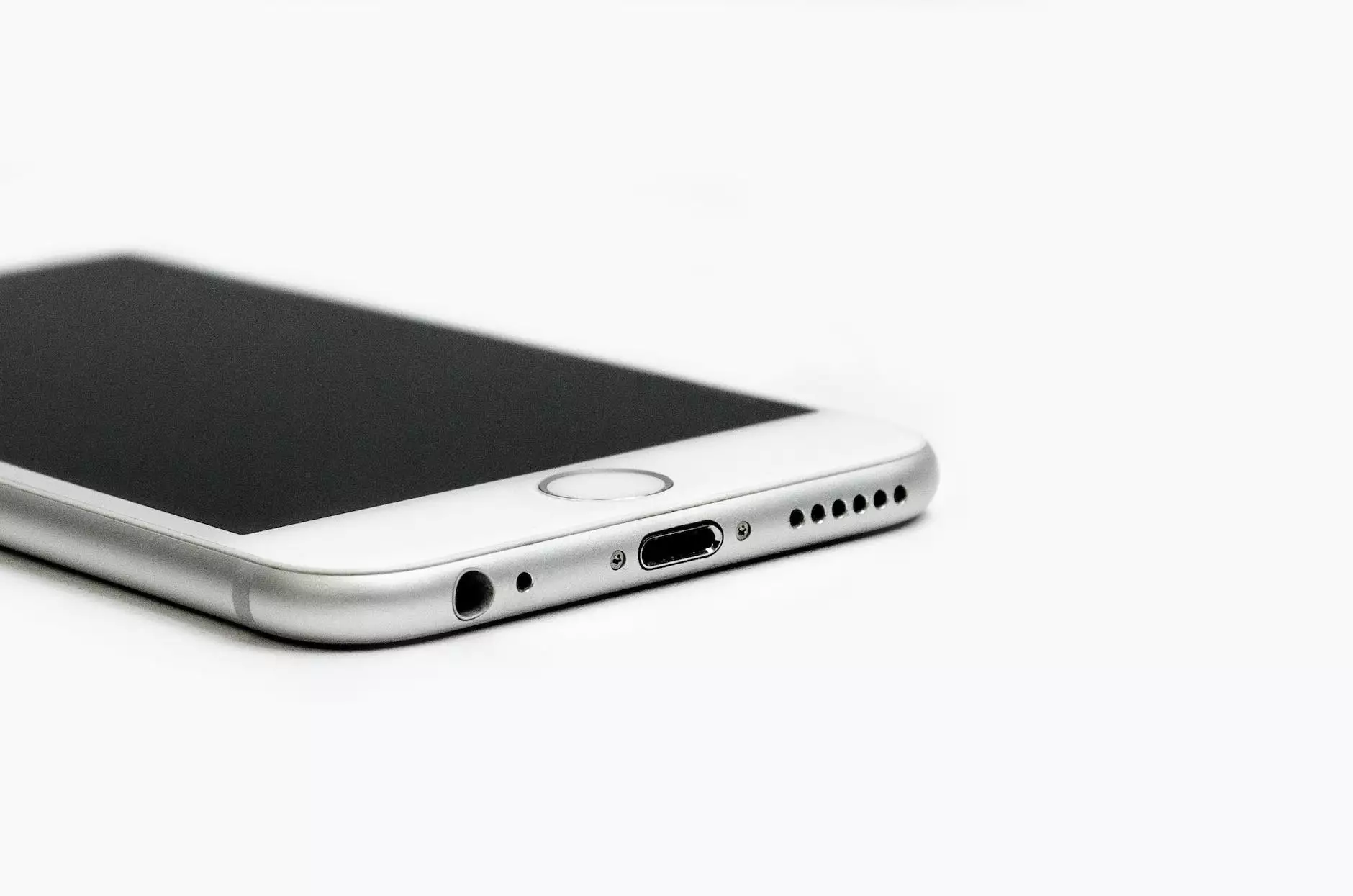The Rise of Fake ID Cards: A Comprehensive Guide

The digital age has transformed industries worldwide, including how we perceive and utilize identification. Among the most discussed topics in contemporary society are fake ID cards. This article delves into various aspects of fake identification, from its applications to the ethical and legal implications surrounding their usage. As we navigate through this growing field, it is imperative to understand the nuances that define fake documents, their makers, and the legal spectrum they inhabit.
What Are Fake ID Cards?
Fake ID cards are counterfeit identification documents that mimic legitimate cards issued by governments or recognized institutions. These counterfeit IDs are often used to deceive others about a person’s identity, age, or legal status. They can take various forms, including driver’s licenses, adult ID cards, and passports. The need for such documents can arise from different circumstances, ranging from benign situations to those with malicious intentions.
Why Do People Use Fake ID Cards?
The reasons behind the use of fake ID cards vary greatly. Here are some key motivations:
- Age Verification: One of the most common reasons individuals seek fake IDs is to circumvent age restrictions for purchasing alcohol or tobacco.
- Identity Theft: Unfortunately, fake IDs are sometimes used to commit fraud or steal someone else's identity, leading to financial and legal consequences.
- Access to Restricted Areas: People may use fake IDs to gain entry into places such as bars or clubs that enforce age limits.
- Travel and Migration: In some cases, individuals may use counterfeit documents to travel or immigrate illegally.
- Disguising True Identity: Individuals who want to hide their identity from authorities or organizations may utilize fake documents.
The Impact of Fake ID Cards on Society
The proliferation of fake ID cards has significant implications for societal norms and legal frameworks. It raises important questions about



